Do you belong to a book club? Maybe you’ve always wanted to start one. But what do you discuss? Aside from determining the parameters for your group, you’ll need to figure out how analytical you care to get.
Here are some questions to jumpstart your discussion. Adapt them for your own use.
When you put the book down, were you smiling or sad? Did you feel a sense of satisfaction? If you liked the story, what elements appealed to you—The setting? The writer’s style? The fast pace? The memorable characters? Things you learned from the story? The emotional depth? The real life issues? The escapist element into another world? The happy ending? Or the ambiguous finale?
If you didn’t like the book, why not? Did the characters not engage you on an emotional level? Was the pacing plodding? Not enough action? Inaccuracies in research? Long descriptive passages that put you to sleep? A setting you found distasteful? You couldn’t relate to the characters or concept? You don’t like the genre? Your friend or book group made you read it? Would you try a book by that author again?
Why did you buy this particular book? Do you feel the expense was worthwhile? What inspires you to buy any book? Is it the author? Book cover? Endorsements? Cover copy? It’s on the Bestseller List? Recommendations by friends? Do particular story elements or tropes appeal to you? Character archetypes? How much do you read to see if the story captures your interest?
Story Elements
Characters
Do the characters seem real?
Can you identify with the hero/heroine?
If they’re not snagging your interest, why not?
Can you distinguish between different people in the story? What makes them distinctive?
Does the protagonist grow and change by the story’s end?
Are the characters memorable?
Setting
What is the novel’s setting?
Does it appeal to you? If so, why?
How does the author convey a sense of place?
Would you want to visit the location in the story?
Are there certain settings you avoid in a book?
Plot
Does the storyline develop logically?
Is the plot linear or wrought with twists and turns?
Are elements of mystery or suspense included? Are they important to you?
Is the pacing too slow, just right, or so intense you can’t put the book down?
Is there a balance between action, exposition, and dialogue?
Were you surprised or is the story predictable?
Is there a subplot? How is it related to the main plot?
Voice
Is the story in first person, third person, or multiple viewpoints? Which do you prefer?
What would you say is the protagonist’s attitude toward life?
Does a sense of humor shine through?
What makes this author’s voice unique?
Style
Is the writing didactic or breezy? Wordy or clear? Poetic or simple? Action and dialogue or lots of exposition? Do you prefer long passages or lots of white space and short chapters?
Theme
Can you identify a central theme? (i.e. sibling relationships, coming of age, father/son)
How does the theme relate to the story?
Does the theme have symbolic references?
Genre Specific Topics
Mystery: Did you suspect the killer early in the story or were you guessing until the end? Was the killer’s motive plausible? Would you want to read more about this sleuth and his world? What makes this series unique and interesting?
Suspense: Were the characters realistic, or did they put themselves in jeopardy unnecessarily? Was the villain evil enough for a sense of dread to pervade the story? Were the stakes high enough? And was the resolution convincingly satisfying?
Romance: What’s the heat level of this book? Did the relationship develop in a believable manner, or did the love scenes seem gratuitous? Did you fall in love with the hero/heroine? Did the story contain an archetype that appealed to you (i.e. marriage of convenience, fish out of water, rags to riches)? Is it considered a classic romance with a happy ending?
Sci Fi/Fantasy: What kind of world did the author create? Is it believable? Is there enough detail to make you feel you’re there? What is at stake in the story? What does the hero risk losing if he fails in his mission? Would you want to revisit this universe?
What else would you add to this list for a book club to discuss?
Here I am speaking to a book club. I’m available locally or via Skype.
<><><>
Save the Date! Hanging by a Hair Paperback Edition LAUNCH PARTY
https://www.facebook.com/NewReleaseParty
Thursday, May 7, 2015, 6:30 – 8:00 pm EDT












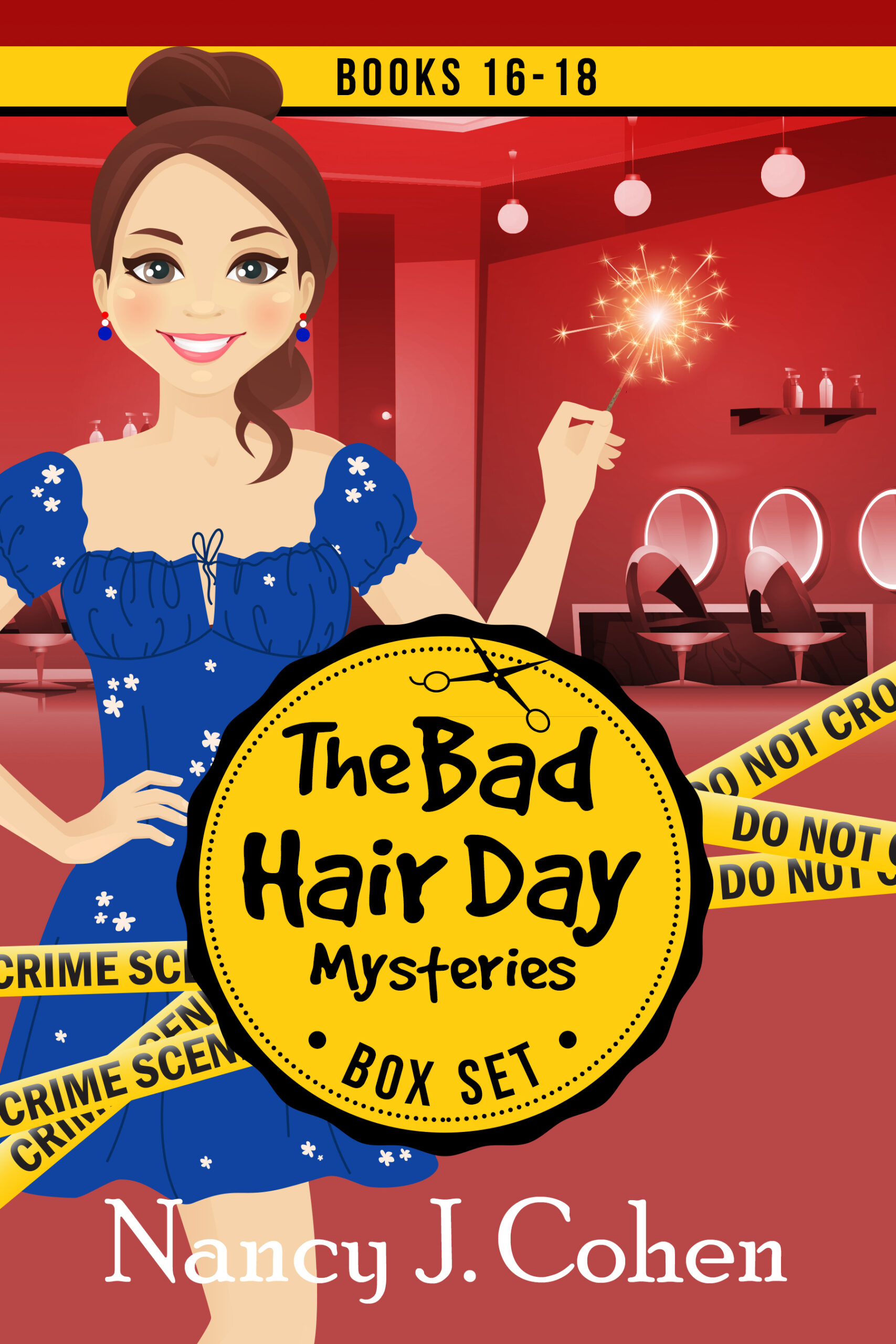







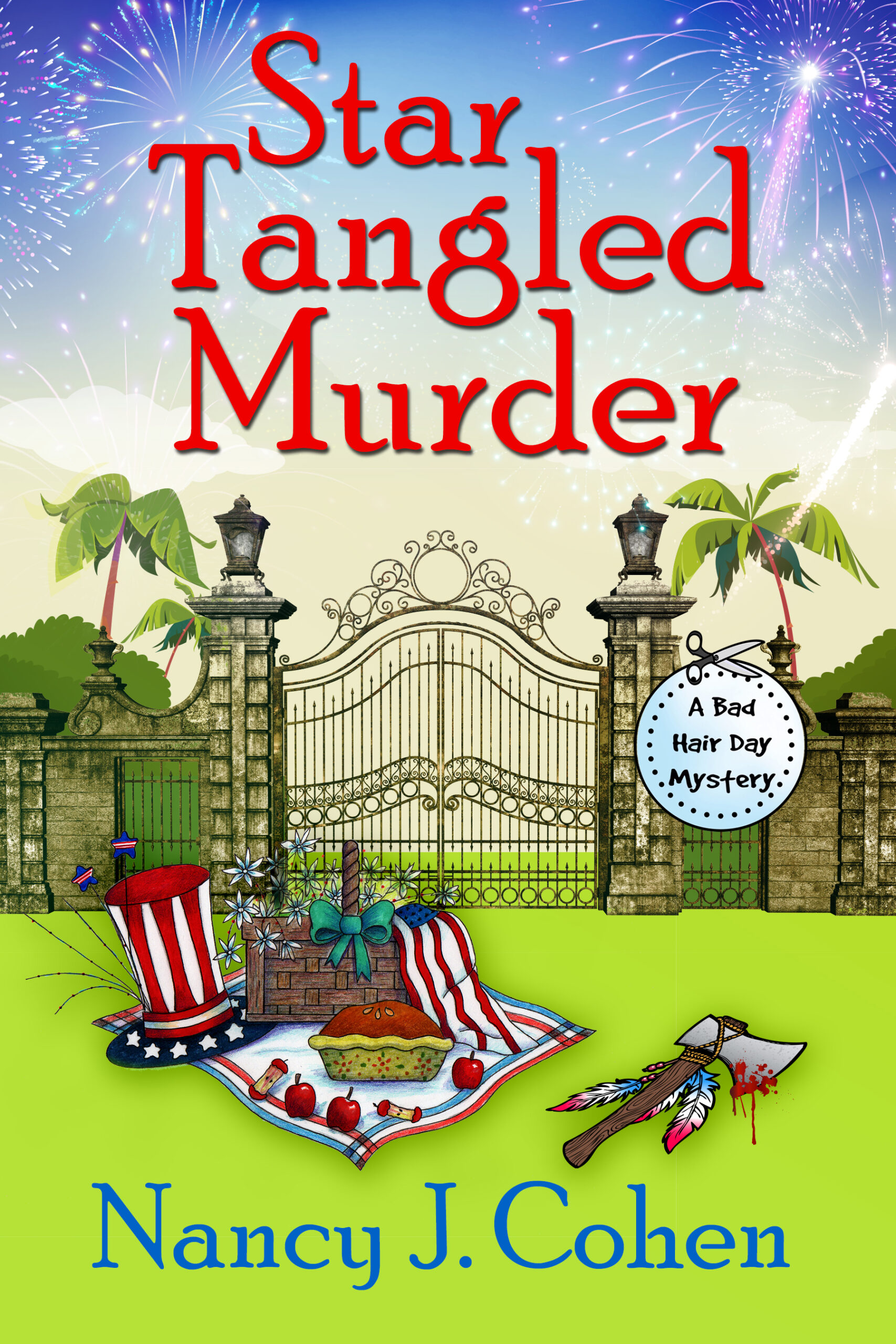

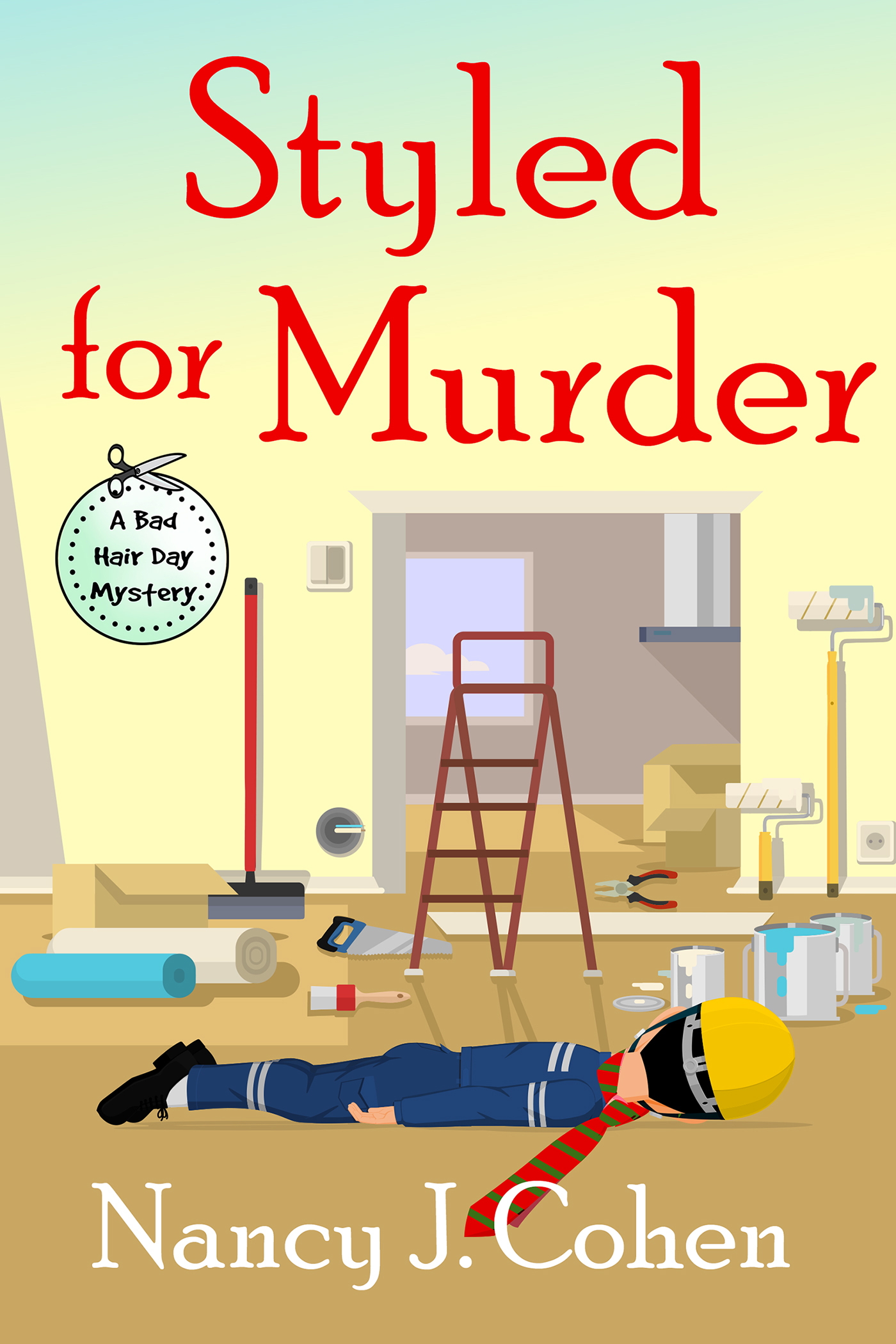
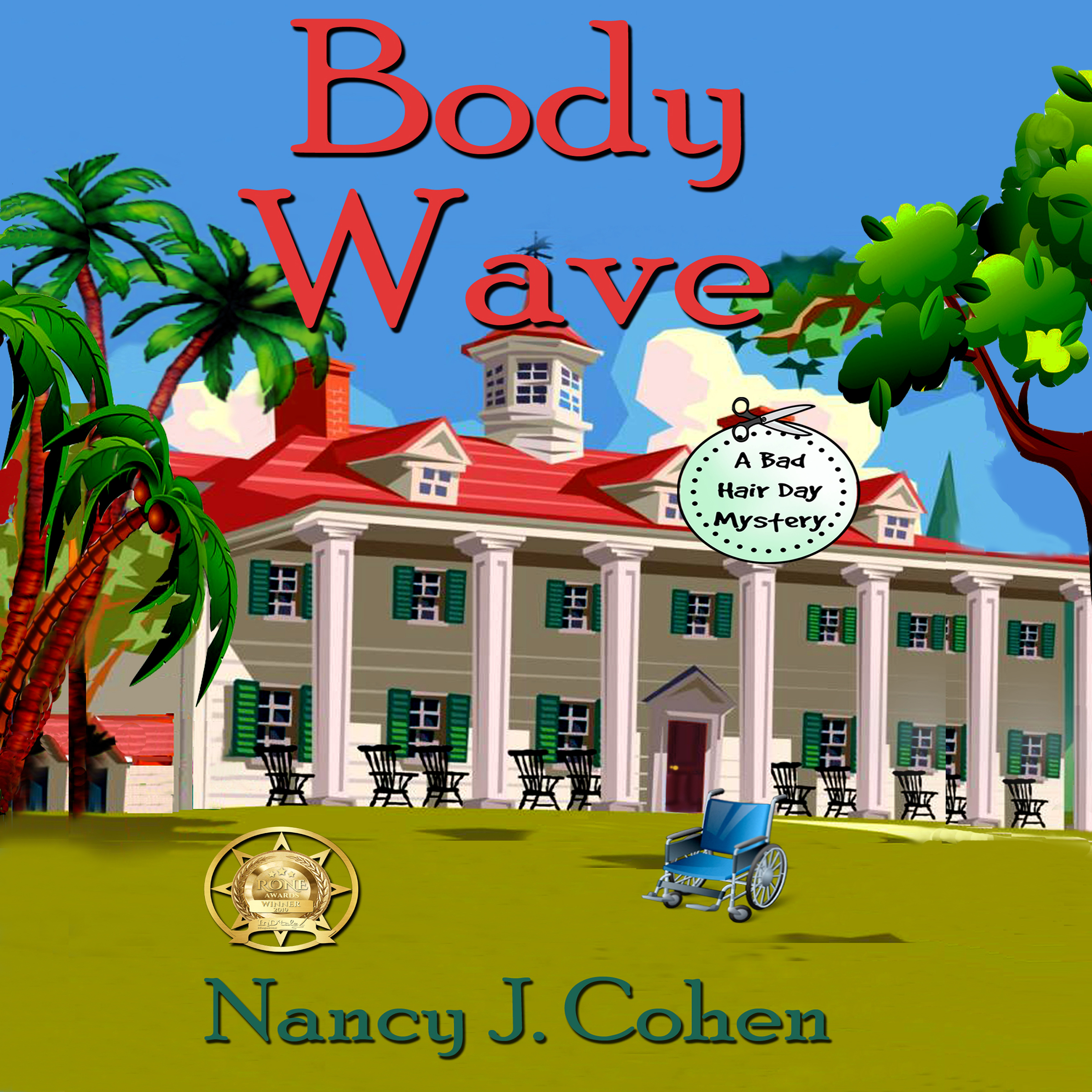
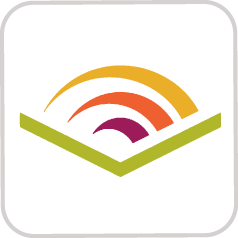

Reblogged this on CHRISTIE STRATOS and commented:
Looking for some standard questions you can use for your book club’s discussions? Look no further! Here’s a great list of basic questions to get your group talking.
Thanks for sharing. I appreciate it!
Great job with this! Just reblogged it 🙂
Thank you, Christie.
Thanks for sharing!
Great guide! Thank you.
>
You are very welcome!
This was so interesting!
Glad you could stop by, Kp.
Great Suggestions! Thanks!
You are welcome, Renee.
This was an interesting piece and such good information. I have yet to join a bookclub here in dbq as i live in a rural area and am disabled i know of 1 book club and they always look to me to find out what book they should read next. I am happy they turn to me for that but wish i was closer in town to go as that would be fun. Although I am happy staying at home and doing what i do !
Hi Peggy. There’s always Goodreads online where you can get recommendations.
Your books are so good. Please keep writing and I will keep reading.
You are too kind. As long as you want my books, I will keep writing. Readers like you are the reason why I write.
Great discussion questions! I’m not in a book club, but I will refer to these questions when I write reviews for my mystery book review blog, Jane Reads.
Great, I’m glad my suggestions will be helpful to you.
One of the study (or familiarization) guides that has helped me for decades is something we used to do in grade school. (Back when you had be concerned about being stepped on by a dinosaur on your way to get there before the 8 a.m. bell.) It was simply the good ole question and answer. Each student had to prepare 10 (or 20) questions about the chapter or section we were studying. Then the teacher simply pointed to someone to start. He or she asked the first question, and people would answer it. The student answering then asked the next question.
We loved it–so much that at our last day before Christmas vacation, we voted to go ahead and do our history questions before we had our party. Knowledge and learning before cookies and punch! We did this in four subjects: history, geography (I have some coarse comments to make about this, but I won’t), science, and Bible. (I went to a Christian grade school.)
The question and answer quizzical (I use the word here since everytime educators need a new word, they simply coin one or find one that somehow fits what they need) was always open book, but we seldom needed to open the book. Culling out the questions for others demanded that we really read and study the chapter(s) ourselves.
I still do this as a learning guide. If the material is something I really want to remember, I will cull out 10 or 20 questions from the chapter. By the time I have finished reading or studying, I know the material well and could participate in a discussion on it. I can help others discuss it by asking the questions. These days, often the discussion provokes issues of interpretations or syntax or, well, you get it.
Mr. Cook, who has now left us, would probably be surprised that the Indian kid in the third row received a life-changing lesson in learning. He probably thought all I did was eat paste (it has a sort of menthol flavor) and try to sneak a Mason’s Dot or two during the day.
And I changed my mind. I will make the coarse comment: How is it that nobody knows where anything is located anymore? In my adult years, I can follow the course of world events better because because I studied geography in grade school. Ask a kid today about where Bosnia is, or where the Island of Luzon is, and you get a panicked look back as the child absently searches for his or her cell phone.
But I can get a kid to understand those things in 20 questions.
Great technique, Jim. Thanks so much for sharing these insights. And what a wonderful impact that teacher had on your young mind. I agree about geography. We still have world globes in our house. Kids today go on the Internet for everything.